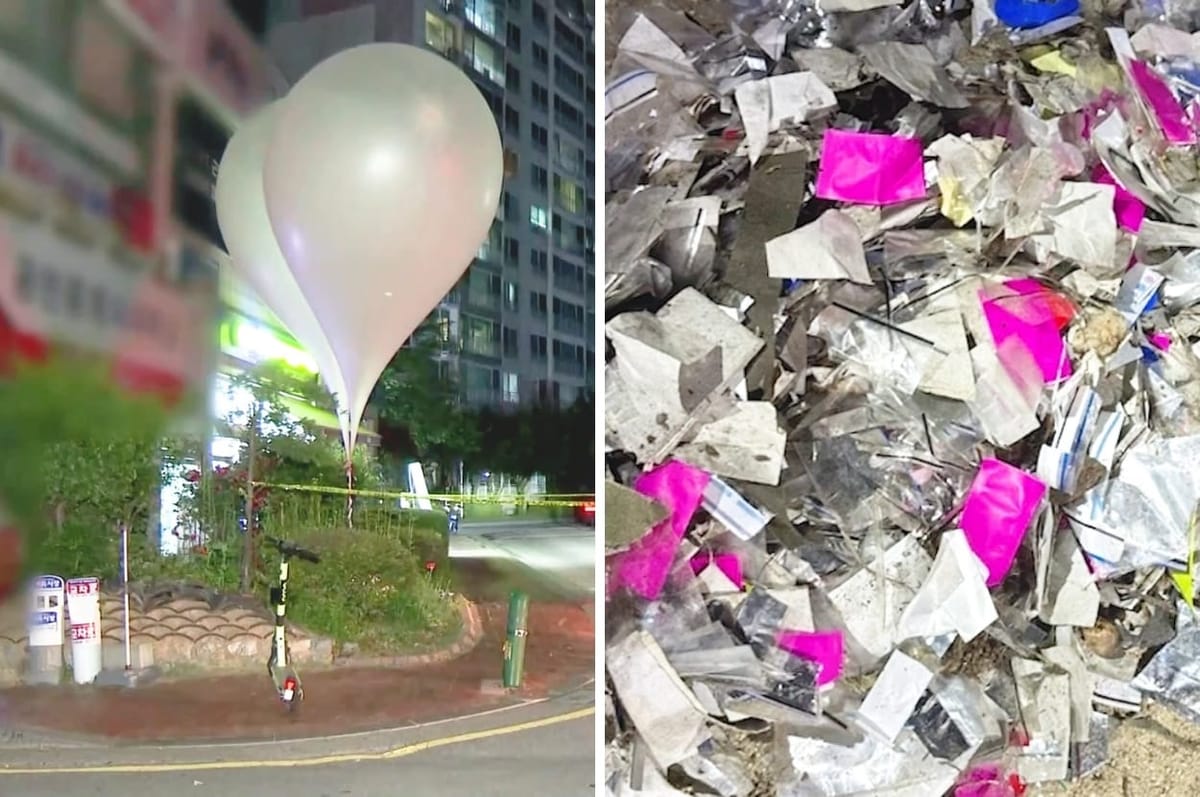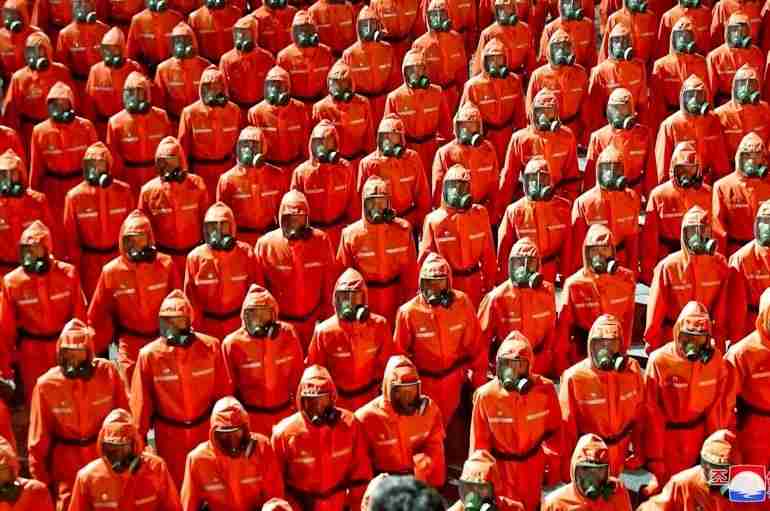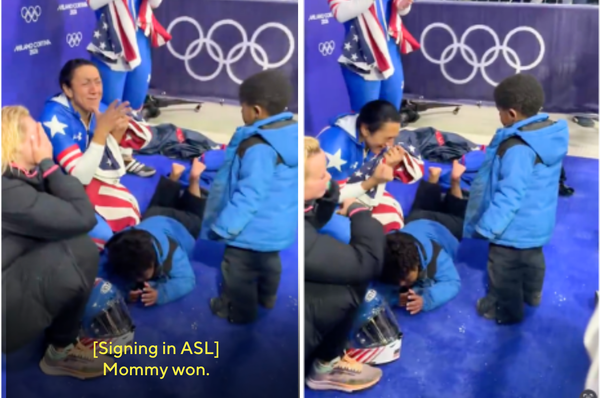North And South Korea Are Engaging In A "Balloon War" And Sending Each Other Trash And Propaganda
Since late May, North Korea has sent more than 1,000 balloons filled with garbage, excrement, cigarette butts and used batteries to South Korea.

North Korea sent more than 300 balloons carrying trash, including plastic and scrap paper, across the border into South Korea on Sunday, June 9, despite recently promising that it would put an end to this operation.
Since late May, North Korea has sent more than 1,000 balloons filled with garbage, excrement, cigarette butts and used batteries to South Korea in response to South Korean activists launching balloons with anti-North Korea propaganda into North Korea.
On June 2, Pyongyang halted its balloon operations, declaring that it had achieved its goals.
However, it resumed the drops after a South Korean activist group known as "Fighters for Free North Korea" sent 10 balloons filled with anti-North Korean content, including 200,000 leaflets, 5,000 USB sticks with K-pop music and even $2,000 in US currency towards North Korea on Thursday, June 6.
Another group of North Korean defectors also said they launched 10 balloons the next day, with radios, anti-North Korean regime leaflets and USB drives containing a speech by South Korean President Yoon Suk Yeol.
South Korea’s defense minister condemned North Korea’s operation, calling it “unimaginably petty and low-grade behavior”.
In South Korea’s capital, Seoul, authorities have asked the public to refrain from touching the balloons and to report them to the authorities.
While many of these items were found scattered in streets, there have been no reports of hazardous contents.
Meanwhile, Seoul has resumed loudspeaker propaganda broadcasts, which include hit songs by BTS such as "Butter" and "Dynamite", for the first time in six years as a response.
The use of balloons in propaganda efforts dates back to the Korean War in the 1950s, with both countries employing them.
South Korea criminalized the practice in 2020 of sending anti-North Korean leaflets but removed the ban after activists said it infringed on freedom of speech.
You Might Also Like









